What’s the single most important thing you can do to help your child with math? Hands down. You’ll help them memorize their math facts. When your kids have their math facts memorized, this frees them up to do higher level math later in life. This ultimate list of math facts memory tools will help you on this endeavor!
The Ultimate List of Math Facts Memory Tools
Below is a list of all the math facts memory tools that I could find to help you teach your kids math.
Brainetics: Breakthrough Math and Memory System – This is a more advanced system for students who already know their multiplication and division facts. This DVD series aims to give students techniques for doing higher level math problems in their heads and giving them math shortcuts.
Math Facts Made Easy – This is an inexpensive Kindle book designed to help your kids learn their math facts without the use of flashcards, but through using visualization techniques for memory.
Two Plus Two is Not Five – This is a book of strategies and practice worksheets for memorizing addition and subtraction facts.
Math in a Flash – These flashcards for addition, multiplication, and division are durable and color coded by number family.
Timez Attack – This is an online game that kids will enjoy (or at least my oldest son did) that helps drill addition, subtraction, multiplication, or division facts.
Times Tales — We’ve used this ingenious system to help our 4 oldest boys memorize their upper level multiplication facts. Remembering multiplication tables is easy with the fun, memorable stories.
Classical Math to Classical Music – Math facts set to classical music: addition, multiplication, and division.
Math Unplugged – 4 CDs and resource books supporting the Common Core Curriculum for Mathematics: addition, subtraction, multiplication, and division.
Audio Memory Math CDs – These 4 CDs from Audio Memory contain addition, subtraction, multiplication, division songs. Also available are optional workbooks and songbooks. These resources help you learn math facts put to music.
Skip Counting Cards – These are free printable cards for learning skip counting from HomeschoolCreations.com.
Classically Catholic Memory – This is a four-year memory program for Catholic children, which includes memory work for skip counting, geometric formulas, and conversion formulas. This is not just a math program, but also encompasses other subjects like geography, history, latin, and religion.
Living Memory: A Classical Memory Work Companion – This 452-page K-12 resource book by Andrew A. Campbell includes suggestions on how to do memory work utilizing basic language skills of reading, writing, speaking, and listening. Included are ideas for memorizing addition and subtraction fact families, multiplication tables, Euclid’s definitions, and area and volume formulas.
X-tra Math – I liken this free online program to digital flashcards. This is a program we’ve used in our home, you can read more about our experience with x-tra math here.
Learning Wrap-Ups – Wrap-ups are hand-held games the help to reinforce memory core subject facts. Available are individual wrap-up kits for learning addition, subtraction, multiplication, and division, rap CDs, 10-Day Mastery kits, and pre-algebra kits.
Rock n’ Learn – This is addition, subtraction, multiplication, and division facts set to a snappy beat. These DVD’s are available in both “rock” and “rap.”
Wrapping it up…
I hope this list of math facts memory tools helps inspire you and your kids to learn more how math works in daily life and for future school.
Don’t forget to check out our other Homeschool Tips, Articles, and Resources.

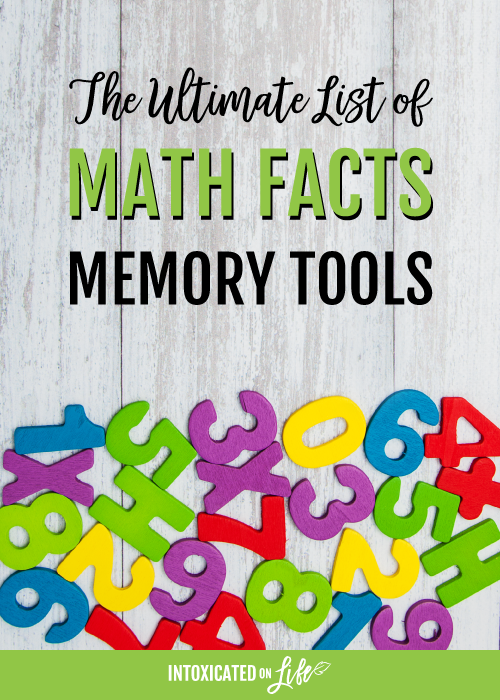
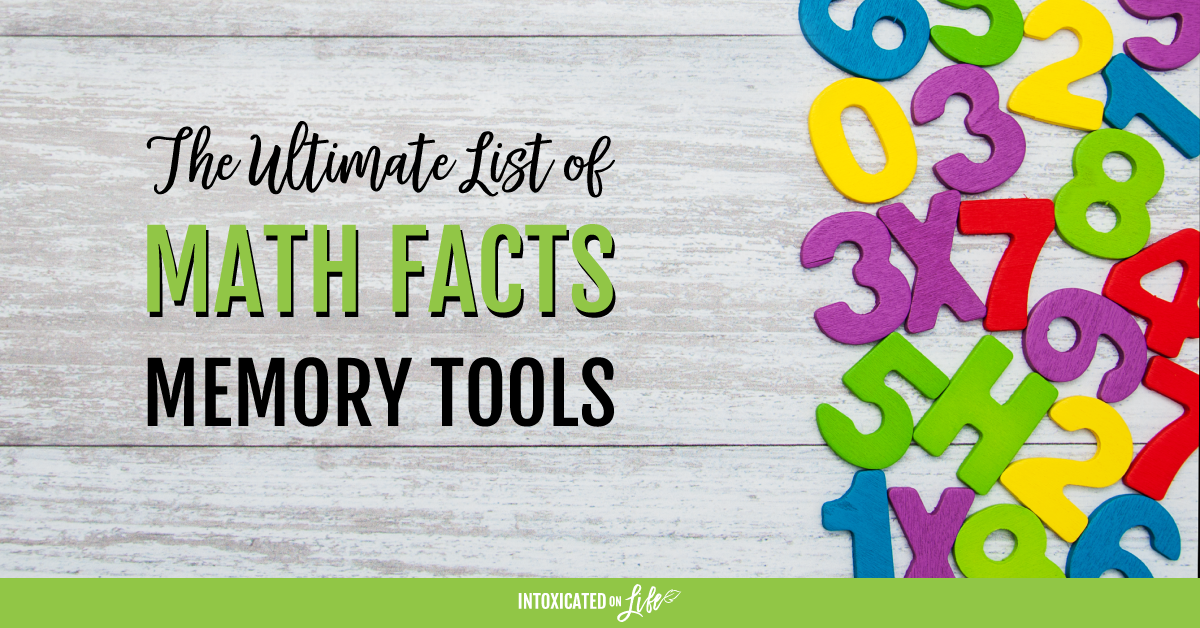

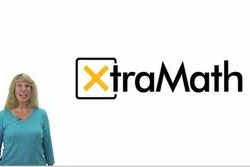
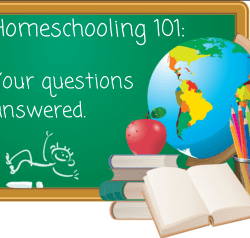

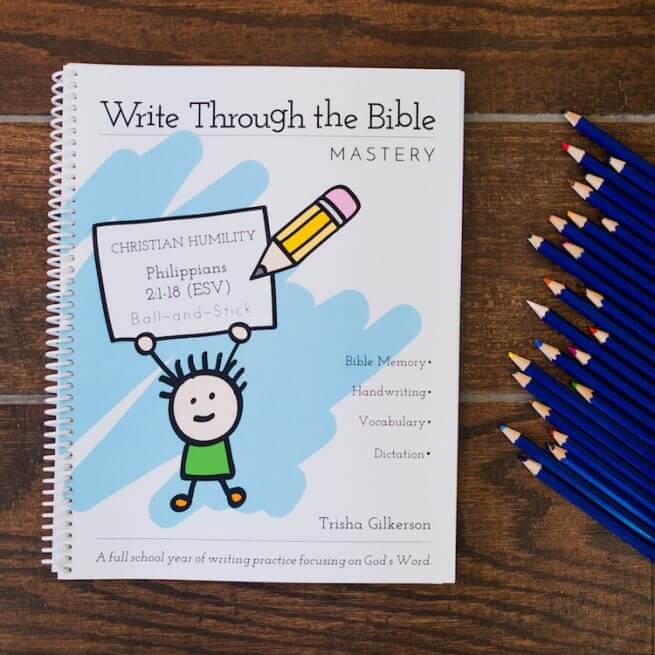
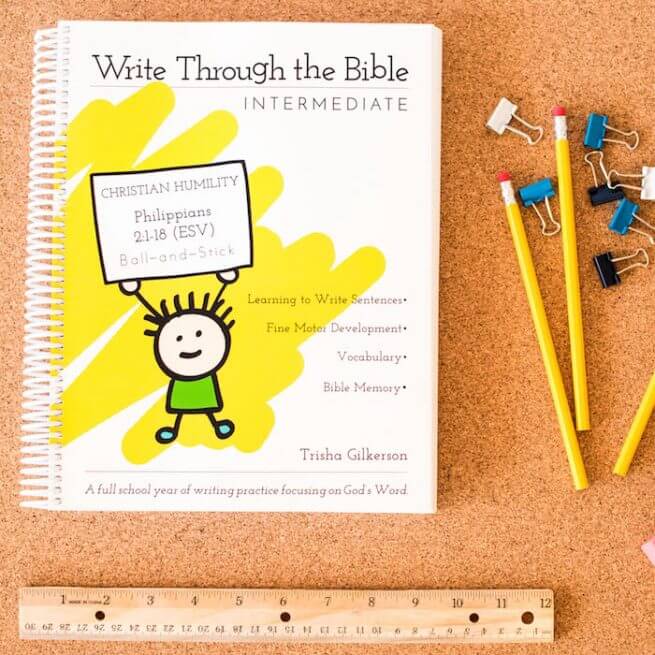
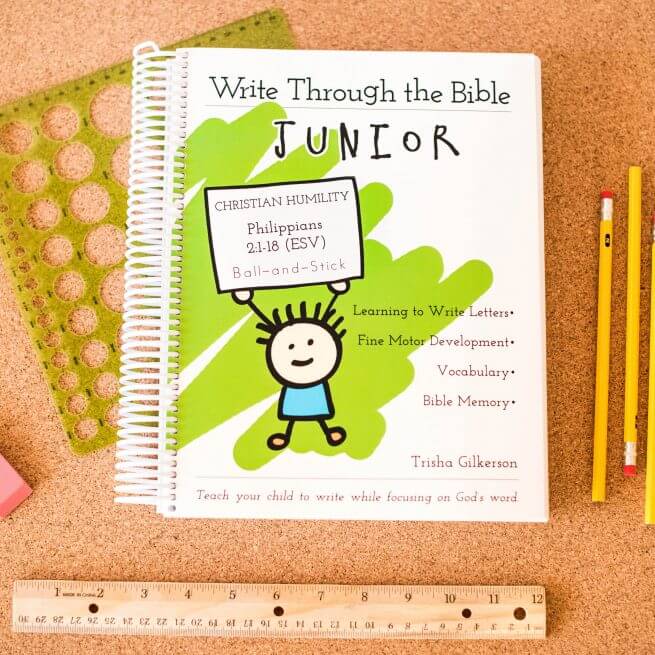


Awesome! I get frustrated because my daughter is learning her facts very well in school. It seems that they are not focusing on that at all anymore. I still think she needs some real, honest-to-goodness, concentrated drill time!
I have really appreciated xtramath.org for this reason! (best of all, it’s free!)
Unfortunately a lot of schools are downplaying the importance of rote memorization. It’s a pity. Not only are elementary-age kids more capable of rote memorization, it also positions them for better critical thinking in the future.
How does rote memorization help with critical thinking? The bigger misconception is that drills and memorizing will help them in the long run. If kids have no conceptual understanding of what they are “memorizing” than they will never be able to remember it. It has to make sense and they have to be able to figure it out without a trick in order for it to last in the archives of their brains. Look up brain research on 40 day vs 40 year learning, or better yet, think back to 8th grade math. Do you remember everything you were asked to memorize (formula for the volume of a cone, Pythagorean Theorem and how to use it, etc.)? Rote is not the way to go, they need to understand it! That is what builds good problem solvers!, Just my 2 cents!
I generally agree. While, of course, anyone can remember things from rote memorization from their childhood, it is far more likely to stick if there is critical analysis of those facts. This is foundational to classical education. Early years are typically spent in rote memorization of facts, but the years of dialectic and rhetoric are what enable a child to put the pieces together and begin to think critically. But it is early rote memory that forms a good foundation for critical analysis.
It’s like with learning a foreign language: you can’t avoid that early on, much of the language is simply rote memorization of vocabulary, syntax, and grammar. But it is when a child is really immersed in the language and begins to translate on his/her own that the language comes alive to them. The early stage of rote memory is critical to that.
We covered some of this in our webinar. We talks some about Dr. Norm Doidge’s research on the importance of rote memory when it comes to language development and auditory memory power.